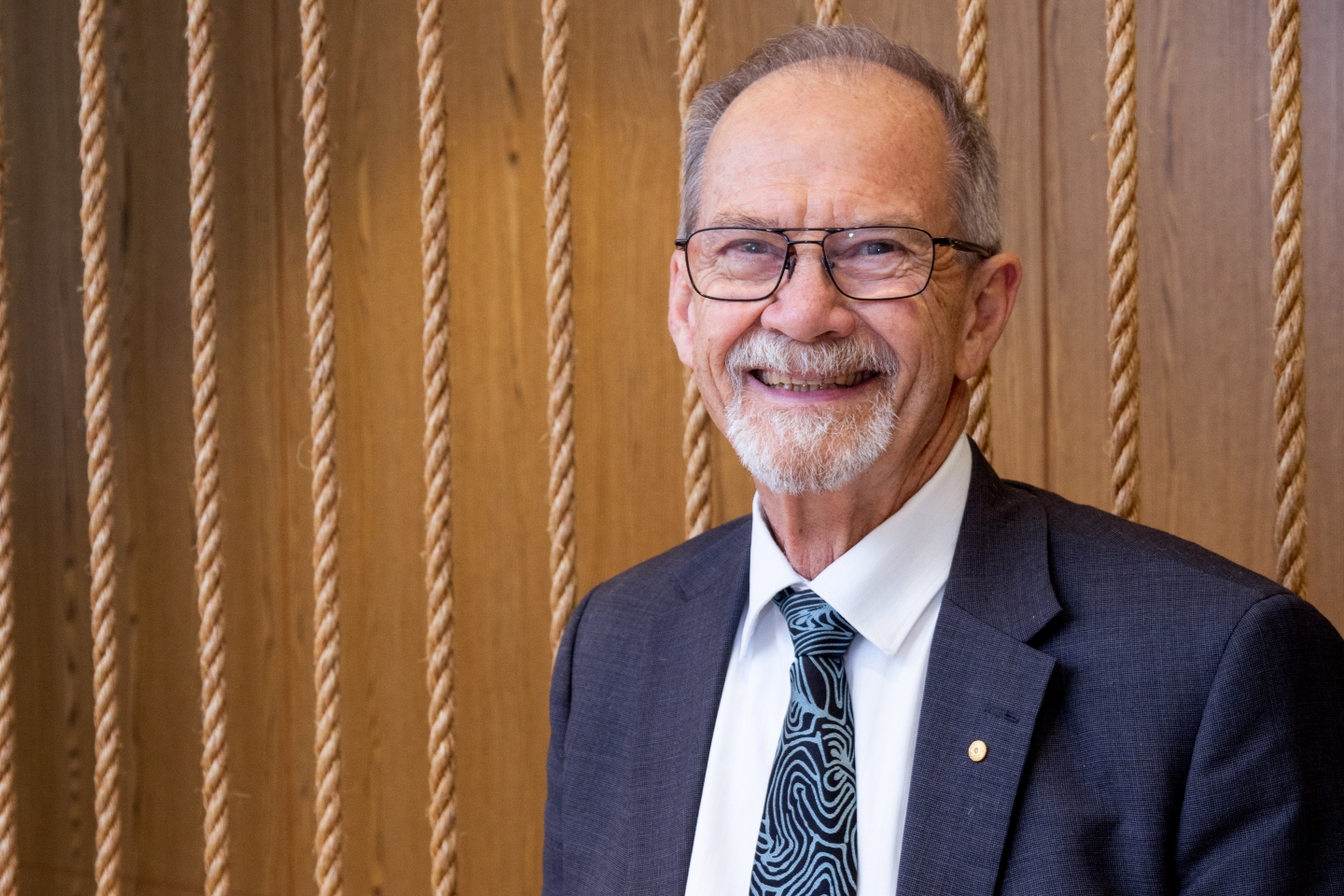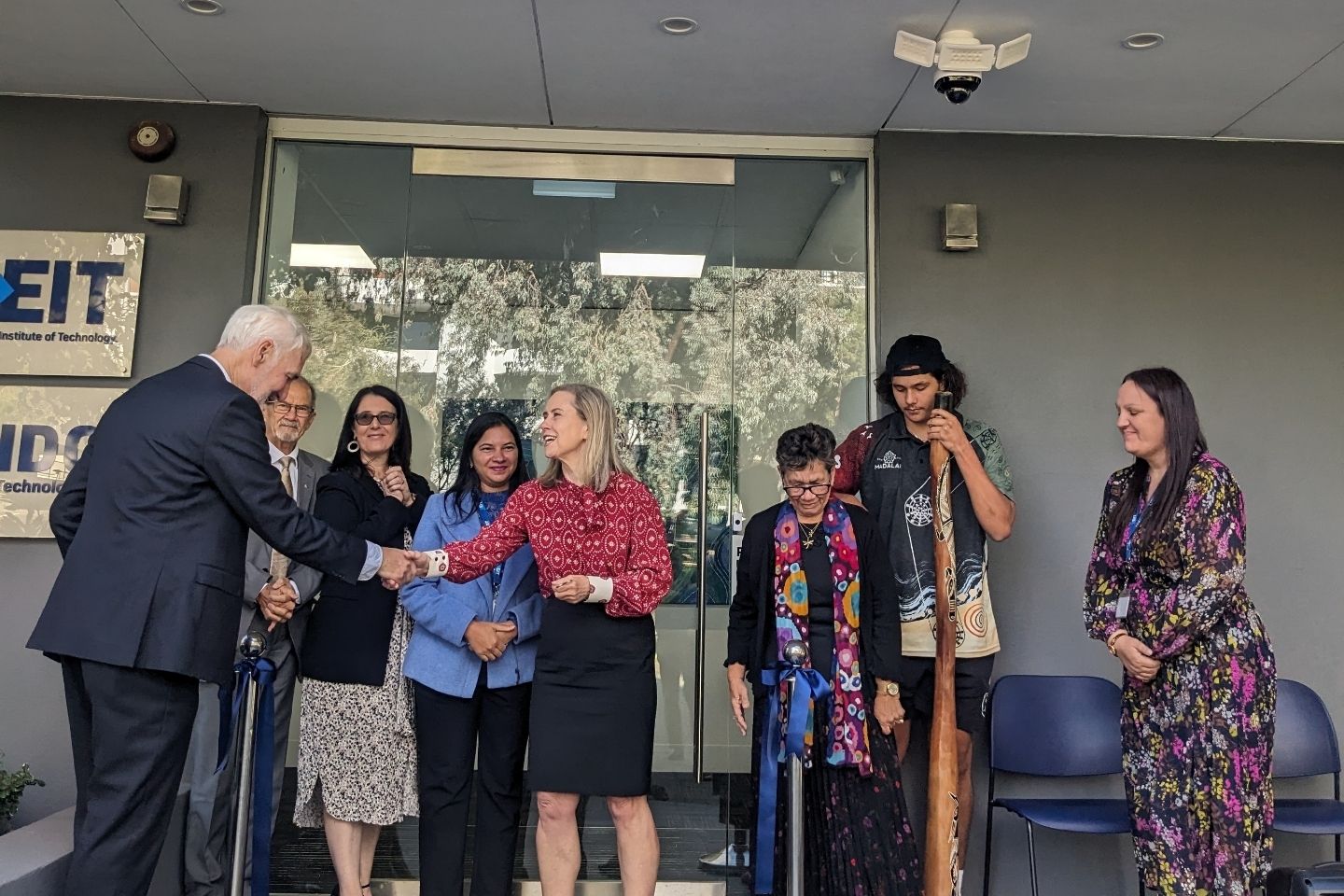Professor Peter Klinken AC obtained his PhD in Biochemistry from The University of Western Australia in 1982, and was a Fogarty International Fellow at the US National Institutes of Health in Washington between 1984 and 1986. From there, he returned to work at the Walter and Eliza Hall Institute in Melbourne as an NHMRC Postdoctoral Fellow between 1987 and 1988. In 1989, he became a lecturer in Biochemistry at the University of Western Australia, before being appointed Professor in Clinical Biochemistry in 1994.
Between 2000 and 2002, Prof Klinken was the director of research at Royal Perth Hospital. His research interests encompass the regulation of red blood cell formation and ability of leukemic cells to develop different features and functions. He also has a long-standing interest in identifying genes which can cause cancer or leukemia. This work is supported primarily by the NHMRC.
In 2002, Prof Klinken became the head of WA Institute of Medical Research (later The Harry Perkins Institute of Medical Research) which he ran until 2014 when he was appointed chief scientist of Western Australia by then Premier and Science Minister Colin Barnett. He chairs the Industry Reference Group, developed by the McGowan government to position Western Australia as a world leader in the high-growth health and medical life sciences sector, as well as the Lotterywest and Healthway boards.
Prof Klinken was Western Australian Citizen of the Year (Professions) in 2008, 100 most influential Western Australians (The West Australian) in 2016, and appointed a Companion of the Order of Australia in 2017 for eminent services to medical research and biochemistry through his contributions to understanding the genetics of diseases, and for promoting science and innovation in Western Australia.
He was also made a Fellow of the Australian Academy of Health and Medical Sciences, and a Fellow of the Australian Academy of Technological Sciences and Engineering.














